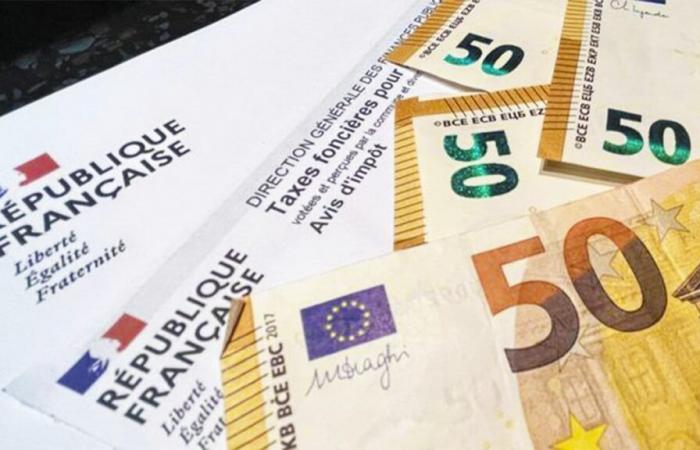Hide summary
Discussions around local taxation are intensifying. It must be said that the disappearance of the housing tax on main residences complicates municipal finances. So, the 2025 Finance Bill revives a complex debate about the property tax.
Today, only owners have to pay it, whether or not they live in their property. For years, to their great misfortune, it continues to increase. So, some believe that it would be fair to share this burden between owners and tenants. This proposal, relaunched by the National Union of Real Estate Owners (Unpi), raises as much hope as criticism.
Property tax: an increase that weighs on the budget of owners
The property tax is a local tax paid exclusively by owners, whether they occupy their property or rent it out. It constitutes an essential resource for financing the budgets of local authorities. Indeed, it is used in particular to develop infrastructure such as schools, nurseries and public facilities.
In the past, the property tax represented 30% of the total municipal budget. In 2024, this percentage increases to 70%. The reason comes from the abolition of the housing tax. In fact, this disappearance represents a shortfall estimated at 20 billion euros per year.
To have
Revision of the property tax: these French people will be the most impacted
To compensate for this loss, property taxes then increase each year. According to the Unpi report, this tax has increased by 32.9% in ten yearsan increase four times faster than that of rents. This tax pressure worries owners, who plan to share this burden with tenants.
Towards equitable sharing of burdens?
For Sylvain Grataloup, president of Unpi, tenants benefit indirectly from public services financed by property tax. So, for him, there is no reason why they should not participate in its payment.
Unpi therefore proposes an in-depth reform: sharing the property tax between owners and tenants or introduce a new local tax for tenants. This idea, although ambitious, faces strong criticism, particularly from consumer associations.
Indeed, David Rodrigues, lawyer at the CLCV (Consumption, Housing and Living Environment), firmly rejects this proposal. According to him, there is a close link between property tax and property. He emphasizes that when leaving his rental, a tenant does not leave with a share of the building.
So, this reform would amount to unbalancing the responsibilities between tenants and owners. Hence the idea of replacing the property tax with a local contribution from community users (Cluc).
To have
Increase in property tax: this advice to obtain a cap on your amount
Towards a complete overhaul of local taxation?
The idea of a “Cluc” aims to make all citizens responsible. So, she recalls another proposal which comes to us from the Association of Mayors of France. Indeed, it offers the Single Territorial Contribution (CTU).
This unified tax would aim to replenish the coffers of communities while overcoming the divisions between tenants and owners. The “Cluc” could even integrate an ecological dimensionwith amounts that adjust according to citizen behavior or environmental impact.
Currently, the property tax still exists and only owners must pay it. For this taxation to evolve, parliamentarians should agree. One thing is certain, if many French people appreciate the disappearance of the housing tax, the latter is not without consequences.






